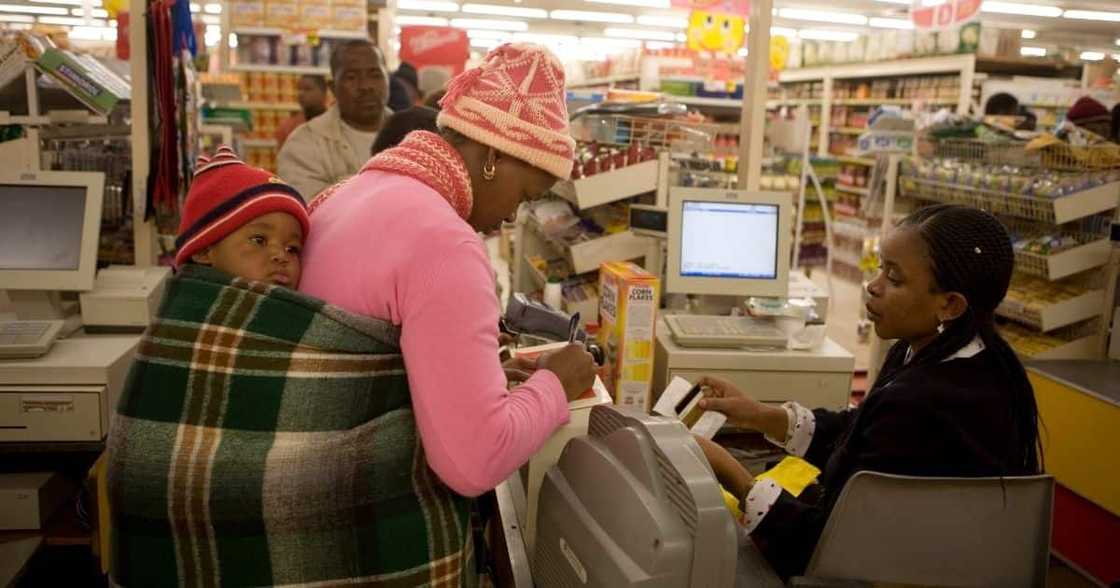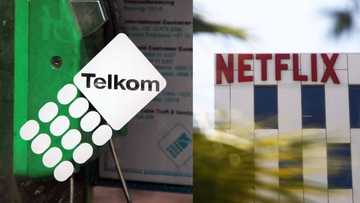R7 900 Is What the Average South African Needs to Have a Good Living Standard
- South African citizens need to be earning R7 911 per month or more in order to achieve a decent standard of living
- The data was captured by three research centres that collaborated to find out the estimated financial figure
- Briefly News takes a look at what makes a decent standard of living and why South Africans need to be earning this number to live comfortably
PAY ATTENTION: Follow Briefly News on Twitter and never miss the hottest topics! Find us at @brieflyza!
JOHANNESBURG - Reports state that South Africans earning around R7 911 a month have what is called a 'decent standard of living'. The data comes from the Labour Research Service (LSR), Studies in Poverty and Inequality Institute (SPII) and the Southern African Social Policy Research Insights (SASPRI).
What is the DSL project?
The Decent Standard of Living Project aims to devise a set of necessities covering material possessions, social networks and features of the local neighbourhood. This task has resulted in a list of 27 highlighted necessities; ranging from having access to electricity to being in contact with a person who can look after you in the event that you get sick.
An estimated financial figure of roughly R7 911 has been calculated to cover the costs of the items listed on the DSL project.

Source: Getty Images
PAY ATTENTION: Never miss breaking news – join Briefly News' Telegram channel!
How does the DSL indicator differ from other indicators?
Indicators such as the food poverty line exist in addition to and have existed before the DSL indicator. Although these additional indicators are factored into the DSL project there is still evidence to suggest that a new approach is needed to be implemented if the project wished to see any form of advancement in the field.
The DSL indicator achieved this by going beyond economical factors and the simple needs required to survive. They instead surveyed several groups among various walks of life to determine not only what is required to survive but also what standards indicate a comfortable life.
What is the recommended monthly income required to meet the DSL standards?
It is important to note that the DSL indicator has not been established for the purpose of calculating an exact income figure needed to live comfortably. Instead, it highlights that a specific level of income is linked to a certain standard of living; with R7 911 being approximately the amount needed to have a decent standard of living.
There are also items listed that do not conform to the usual standards of commodity, items that can be gained in spite of a persons financial status. For example, a stay at home mom may still have access to a person who can look after her if she falls sick even though she is not receiving a monthly income.
Almost R45bn worth of pension funds in SA's retirement industry lie unclaimed
In other business-related news, Briefly News previously reported that the cumulative amount of unclaimed pension funds in Mzansi's South African retirement sector is R44.9 billion. This data comes from the Financial Sector Conduct Authority (FSCA) at the end of 2019. The FSCA is currently waiting for 2020 figures which will likely change the above figure.
The money is reportedly associated with 4.5 million beneficiaries who have not claimed their funds for various reasons. In an attempt to track and return the funds to the beneficiaries, in the last five years over R20 billion was paid out to almost 600 000 members.
According to Business Insider, the FSCA believes that around 40% of the money that has not been claimed will never be paid to whom it belongs. The FCSA put forward an idea that there should be a centralised fund to keep the money.
Source: Briefly News



